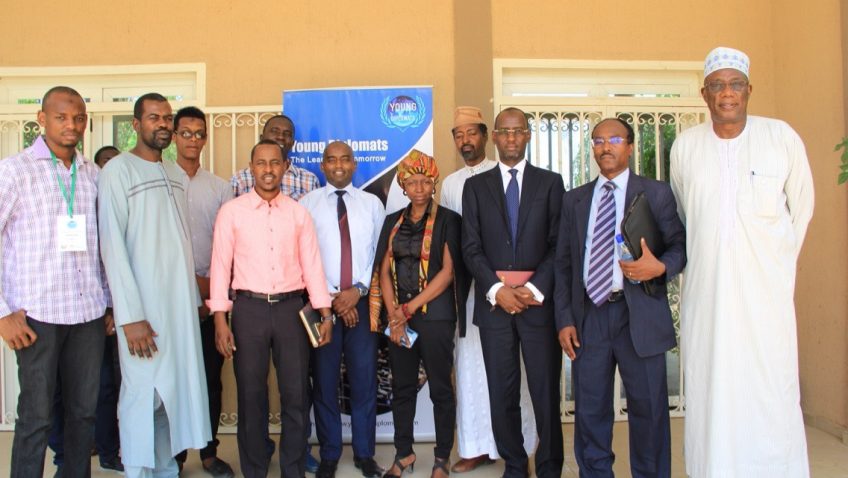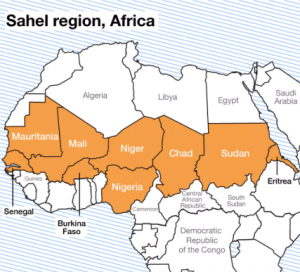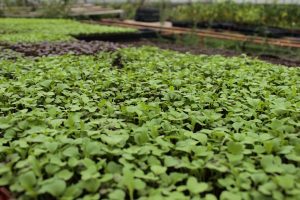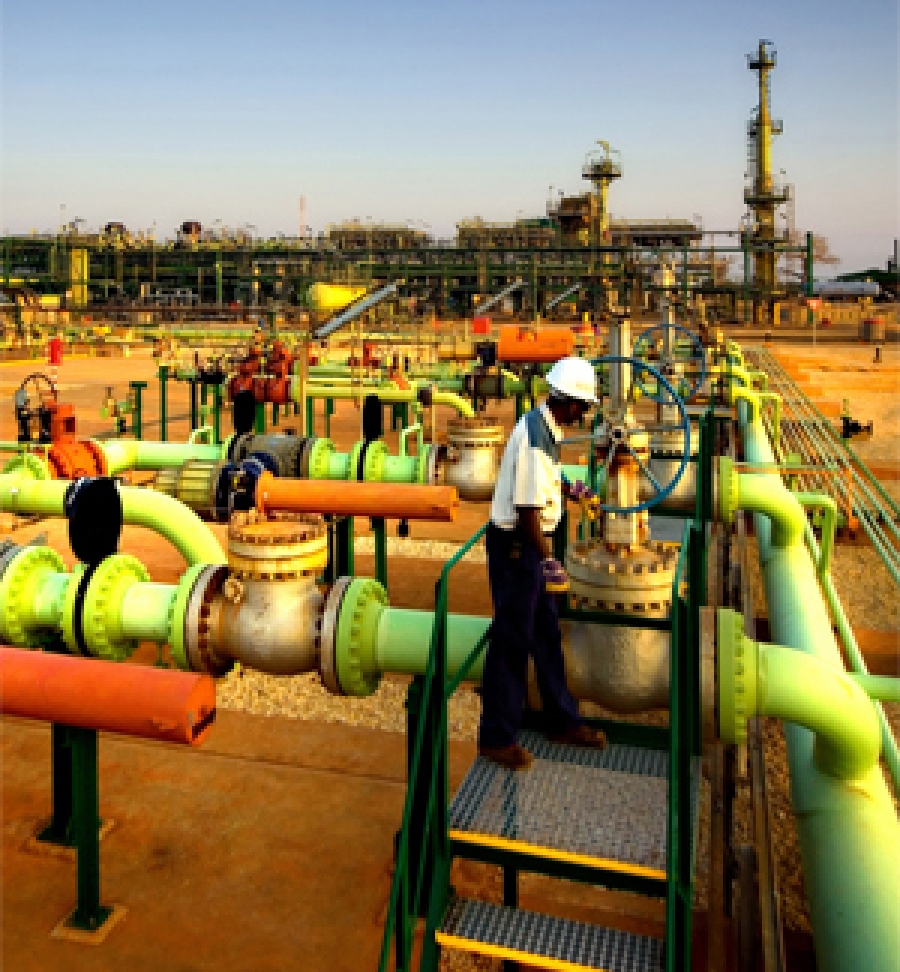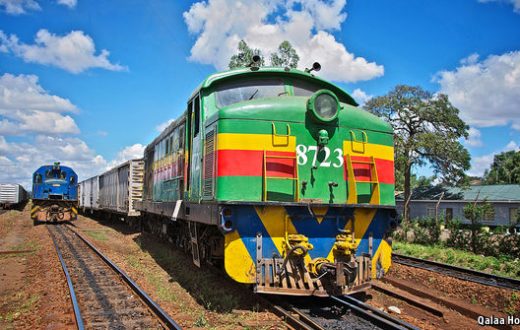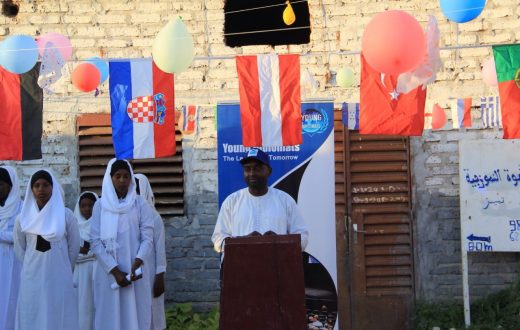N’Djamena—Young Diplomats held a half-day seminar in Chad, entitled “Food Security and Peace Building in the Sahel Region.” The purpose of the seminar was to assess the chronic food insecurity in the region, the current and future food security situation in the Sahel and to identify factors that would likely influence food security in the future.
“We should fix this right now or never again”
In particular, the panel focused on five case studies: Chad, Niger, Mali, Burkina Faso and Mauritania. The seminar also explored linkages between food security and traditional national security and national sovereignty. The seminar brought together high-level representatives of the Chadian government, civil society organizations and experts in agriculture and food. The situation in the Sahel region remains fragile, despite efforts at national, regional and international levels. The challenges are complex and multidimensional, that require a regional and cross-border cooperation for sustainable stability in the Sahel.
The panel focused on five case studies: Chad, Niger, Mali, Burkina Faso and Mauritania.
Idris Zackaria, Young Diplomats’ Africa Regional Director, argues that the Sahel region is one of the most vulnerable to climate change. Global warming has produced widespread famine, resulting in extensive and displacement of people. The region is extremely poor in normal times and the drought is simply a crisis superimposed on chronic misery. It is requiring an urgent scale-up of emergency response. So many of people in Chad, Niger, Burkina Faso, Mali and Mauritania are struggling to meet their daily food needs and face extreme vulnerability and increasing hardships, particularly in Chad and Niger.
Nicole NADJALTA, Agricultural Economist, argues that the Sahel is the region of the world that has experienced the largest increase in hunger, with the number of undernourished increasing by 13.1 million in 11 years. The change of context at the regional level with the rise of insecurity and the proliferation of armed groups has complicated the situation. The Sahel is now mainly approached from a security or migratory angle. While people are more than ever confronted with the problem of hunger. The security and development approach, which is intended to be a response th Sahelian challenges, poses many risks and underestimates the importance of governance in building the resilience capacities of the people. This imperative is more urgent in a context of increased militarization of the Sahel in the face of growing security challenges.
Nicole concluded in her research paper that “The Sahel is the region of the world that has experienced the greatest increase in hunger over the last decade, a vivid illustration of the difficulties of Sahelian states, regional organizations, technical and financial partners responding in a structural and sustainable way to the world, food and nutrition insecurity. Yet hunger is not inevitable in the Sahel. Beyond the rhetoric, the various actors must invest massively in building the capacities of resilience of the populations to guarantee their food and nutritional security on a long-term answer, putting in place a holistic vision of fighting against food insecurity which encompasses a response to structural and cyclical factors simultaneously.”
According to Zackaria; the critical situation in the Sahel requires a swift and targeted response, youth organizations and humanitarian actors in the region should immediately involve with the international community in order to create better opportunities for food security in the region. “We should fix this right now or never again” Zackaria stressed.
Across all drought-affected countries in the Sahel, more than 3.8 million people need urgent WASH assistance. Hundreds of thousands of families are forced to adopt negative coping mechanisms. They are cutting down on meals, withdrawing children from schools, remaining without health treatment. In some areas, over 50 per cent of affected people have already resorted to emergency measures such as selling reproductive cattle, begging or migrating – according to some reports.
MAHAMAT-AHMAT Abakar, agricultural economist, argued that the exploitation of these opportunities requires the establishment of appropriate economic and institutional conditions and the mobilization of resources necessary for its development. This comes into effect:
- Design and implement macroeconomic policies (budget, tax, interest rate, exemption, etc.) that encourage economic agents to rational and sustainable use of resources and that promote productivity and thereby competitiveness of agricultural products;
- Adapt policy instruments to agricultural diversity and regional specificities of production structures;
- Strengthen production support services, restructure and / or privatize state-owned enterprises and support the professional and interprofessional organization;
- Facilitate the adoption of new technologies by farms and encourage private investment in agricultural and rural activities through a coherent incentive system based on the obligation of results, and a reform of land structures adapted to the diversity of farms.
Young Diplomats aims to continue this monthly meeting for one-year duration. By bring experts in the related area as well as budding researchers to share the space so that they will be able to share the ideas, information and build network for future research and other endeavors in order to create the political license to tackle the food and nutrition challenges in the Sahel region.

